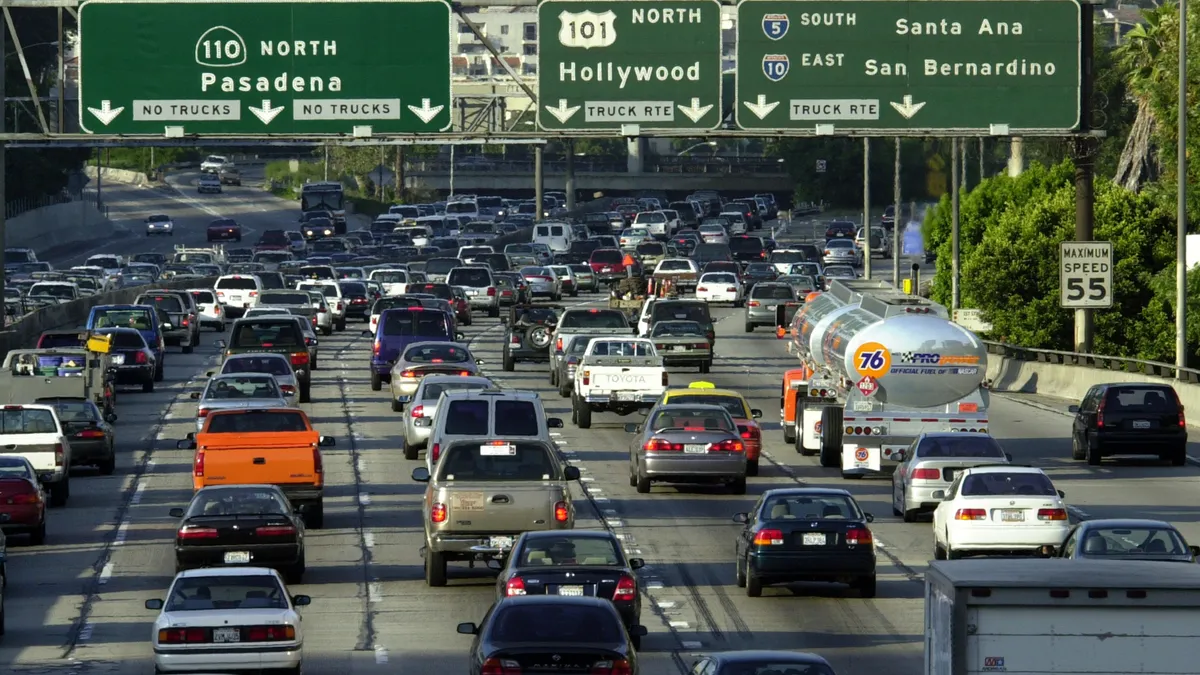California residents who don’t own a registered vehicle could receive a $1,000 tax credit each year for five years starting in 2023, thanks to a bill the state Assembly passed last week. SB 457 now awaits the signature of Gov. Gavin Newsom, who issued an an executive order in 2020 putting California on a path away from gasoline-powered cars.
The momentum for such a tax credit comes on the heels of regulations the California Air Resources Board adopted Aug. 26 to ban gas-powered vehicle sales in the state by the 2035 model year. The regulations also require automakers to achieve a 35% share of zero-emission vehicle sales as early as the 2026 model year.
The credit is subject to income limitations of $40,000 for single filers and $60,000 for joint filers. Should a resident also retire, rather than sell or trade in, a currently registered vehicle, that resident may be eligible for up to an additional $1,500 under the state’s Consumer Assistance Program. The vehicle must be turned in to an authorized auto dismantler.
“As the impacts of climate change are felt across our state, it’s time we more aggressively commit to implementing modes of sustainable transportation,” said state Sen. Anthony Portantino, the bill’s author, in a press release.
California’s most populous areas — Los Angeles, San Diego and the San Francisco-San Jose area — offer extensive public transportation networks along with regional transportation systems. The state’s Capitol Corridor Joint Powers Authority and the San Francisco Bay Area Rapid Transit District unveiled an ambitious plan last year, known as Link 21, to connect rail transit across a 21-county Northern California megaregion.
But San Diego and San Jose also have among the highest rates of car ownership in the country, with nearly 95% of households having access to a vehicle, according to the 2020 U.S. Census American Community Survey. California leads the nation in car ownership, with 14 million automobiles registered in the state, but ranks just 45th in the number of vehicles per capita.
Marc Vukcevich, state policy advocate for Streets for All, stated in Portantino's press release that for the individuals who live with the challenging but "societally beneficial choice" of not owning a car, the tax credit can provide money to use alternative forms of transportation.
The California Bicycle Coalition noted SB 457 as one of a slate of active transportation bills that moved through the legislature at the end of its session. Other such bills include those that add start times to pedestrian walk signals, increase access for e-bikes and require drivers to change lanes when possible to pass bicyclists.
”CalBike applauds the California legislature for recognizing the critical role that biking, walking, and public transit will play in our response to climate change and our efforts to create healthier communities,” the organization said in a press release.












